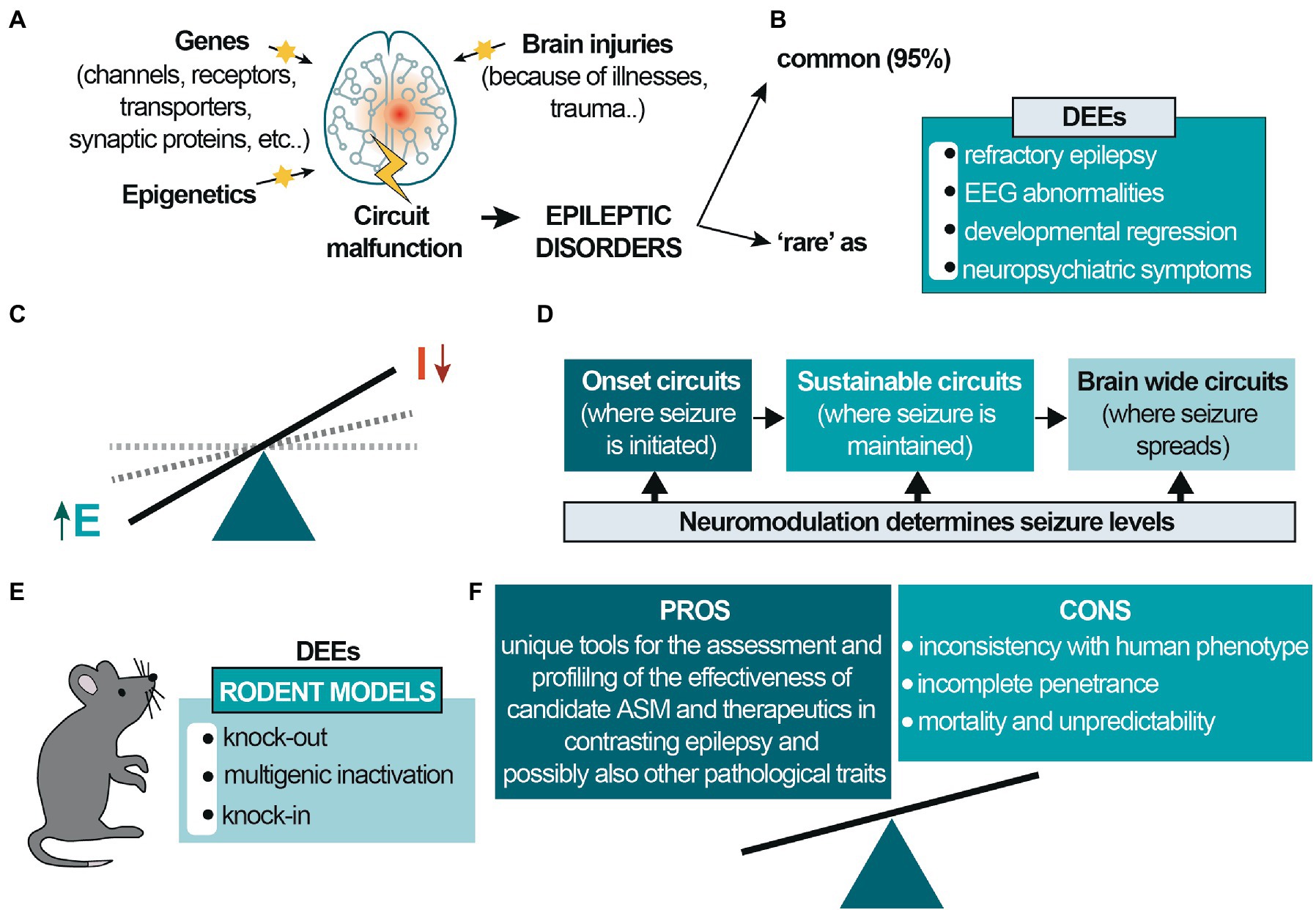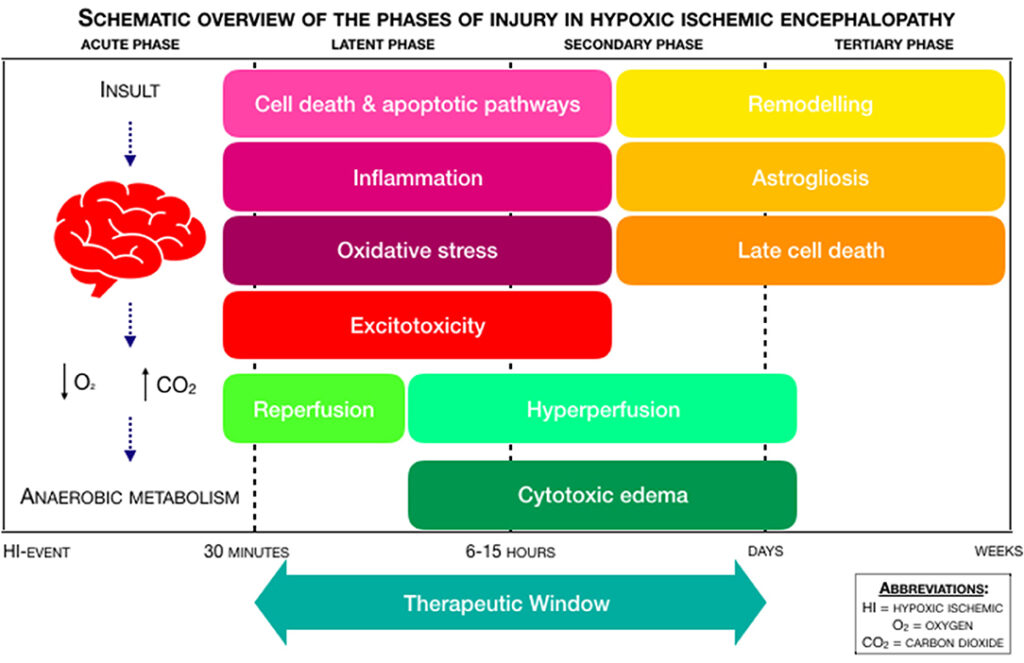Brain dysfunction, also known as encephalopathy, refers to a broad range of conditions that affect the brain’s structure or function. Encephalopathy can result from various causes, including infections, metabolic imbalances, and injuries. The condition often leads to altered mental states, cognitive impairments, and physical symptoms. Understanding this condition is crucial for early diagnosis and effective management. This article will explore the overview, types, causes, and care strategies associated with brain dysfunction.

What is Brain Dysfunction?
Brain dysfunction occurs when there is an abnormality in the way the brain functions. Unlike structural brain disorders, which involve physical damage to the brain tissue, brain dysfunction primarily affects how the brain processes information and controls bodily functions. It can manifest in many ways, such as confusion, memory loss, difficulty concentrating, and changes in behavior or personality.
The severity of brain dysfunction varies widely, ranging from mild and temporary to severe and long-lasting. In some cases, it may resolve on its own once the underlying cause is addressed. However, in other instances, it may lead to permanent damage if left untreated.
Signs and Symptoms
- Cognitive impairment, such as memory problems and difficulty thinking clearly
- Changes in mood or behavior, including irritability, depression, or aggression
- Confusion or disorientation, especially regarding time and place
- Seizures or involuntary movements
- Difficulty speaking or understanding language
- Physical symptoms like muscle weakness, tremors, or coordination issues
Types of Brain Dysfunction
There are several types of brain dysfunction, each with distinct characteristics and underlying causes. Understanding these types can help in identifying the appropriate treatment and care strategies.
Hepatic Encephalopathy
Hepatic encephalopathy occurs when the liver fails to remove toxins from the blood, allowing harmful substances to reach the brain. This condition is commonly seen in individuals with chronic liver disease or acute liver failure. Symptoms include confusion, lethargy, and in severe cases, coma.
Metabolic Encephalopathy
Metabolic encephalopathy arises from imbalances in the body’s metabolic processes. Conditions such as diabetes, kidney failure, or electrolyte imbalances can disrupt normal brain function. Symptoms may include drowsiness, confusion, and seizures.
Infectious Encephalopathy
Infectious encephalopathy is caused by infections that directly affect the brain, such as meningitis, encephalitis, or sepsis. These infections can lead to inflammation and swelling of the brain, resulting in symptoms like fever, headache, and neurological deficits.
Toxic Encephalopathy
Toxic encephalopathy occurs when exposure to harmful substances, such as alcohol, drugs, or environmental toxins, damages the brain. Chronic alcohol abuse, for example, can lead to Wernicke-Korsakoff syndrome, characterized by memory problems and confusion.
Hypoxic-Ischemic Encephalopathy
Hypoxic-ischemic encephalopathy results from a lack of oxygen supply to the brain, often due to cardiac arrest, suffocation, or near-drowning incidents. This type of brain dysfunction can cause significant damage, leading to long-term disabilities or even death.
Causes of Brain Dysfunction
Brain dysfunction can be triggered by a wide variety of factors. Identifying the root cause is essential for effective treatment and management. Below are some common causes of brain dysfunction:
Liver Disease
Chronic liver disease impairs the liver’s ability to filter toxins from the bloodstream. As a result, these toxins accumulate and travel to the brain, causing hepatic encephalopathy. Managing liver health through medication, dietary changes, and avoiding alcohol can help prevent this condition.
Kidney Failure
Kidney failure disrupts the body’s ability to regulate fluids, electrolytes, and waste products. This imbalance can lead to metabolic encephalopathy, affecting brain function. Dialysis and kidney transplantation are common treatments for managing kidney-related brain dysfunction.
Infections
Infections such as meningitis, encephalitis, and sepsis can invade the brain and cause inflammation. Early diagnosis and treatment with antibiotics or antiviral medications are critical to preventing long-term damage.
Toxins and Substances
Exposure to toxic substances, including alcohol, heavy metals, and certain medications, can harm the brain. Limiting exposure and seeking medical help for substance abuse are key steps in preventing toxic encephalopathy.
Oxygen Deprivation
A lack of oxygen to the brain, whether due to cardiac arrest, choking, or drowning, can result in hypoxic-ischemic encephalopathy. Immediate medical intervention, such as cardiopulmonary resuscitation, is vital to restoring oxygen flow and minimizing brain damage.
Trauma
Head injuries, such as concussions or traumatic brain injuries, can disrupt normal brain function. Symptoms may appear immediately or develop over time. Rehabilitation therapies, including physical and cognitive therapy, play a crucial role in recovery.
Care and Management Strategies
Managing brain dysfunction requires a comprehensive approach that addresses both the underlying cause and the symptoms. Here are some strategies for care and management:
Medical Treatment
Medical treatment focuses on addressing the root cause of brain dysfunction. For example, antibiotics may be prescribed for infections, while medications to manage liver or kidney function can help prevent metabolic imbalances. In cases of toxic exposure, detoxification procedures may be necessary.
Lifestyle Modifications
Making lifestyle changes can significantly improve outcomes for individuals with brain dysfunction. These changes may include adopting a healthy diet, staying hydrated, avoiding alcohol and drugs, and getting regular exercise. For those with chronic conditions, adhering to prescribed treatment plans is essential.
Rehabilitation Therapies
Rehabilitation therapies are often recommended for individuals recovering from brain dysfunction. Physical therapy can help improve mobility and coordination, while occupational therapy focuses on regaining daily living skills. Speech therapy may be beneficial for those experiencing language or communication difficulties.
Supportive Care
Supportive care involves providing emotional and psychological support to individuals and their families. Counseling, support groups, and educational resources can help patients cope with the challenges of living with brain dysfunction. Caregivers also play a vital role in offering assistance and encouragement.
Preventive Measures
Preventing brain dysfunction involves reducing risk factors and promoting overall health. Regular medical check-ups, vaccinations, and safe practices, such as wearing helmets during sports or using seat belts while driving, can help minimize the risk of brain injuries and infections.
Dietary Considerations
Nutrition plays a crucial role in maintaining brain health. Consuming a balanced diet rich in fruits, vegetables, whole grains, and lean proteins can provide the nutrients needed for optimal brain function. Avoiding processed foods, excessive sugar, and unhealthy fats is equally important.
Monitoring and Follow-Up
Regular monitoring and follow-up appointments with healthcare providers are essential for managing brain dysfunction. These visits allow doctors to track progress, adjust treatment plans, and address any new symptoms or complications that may arise.
Living with Brain Dysfunction
Living with brain dysfunction can be challenging, but with the right care and support, individuals can lead fulfilling lives. Education about the condition, open communication with healthcare providers, and active participation in treatment plans are key to achieving the best possible outcomes.
Empowering Patients and Families
Empowering patients and their families with knowledge and resources is crucial. Understanding the nature of brain dysfunction, its causes, and available treatments can help reduce fear and uncertainty. Encouraging a proactive approach to health management fosters resilience and hope.
Building a Support Network
Building a strong support network is invaluable for individuals with brain dysfunction. Friends, family members, caregivers, and healthcare professionals can all contribute to creating a supportive environment. Sharing experiences and advice with others facing similar challenges can also provide comfort and inspiration.





